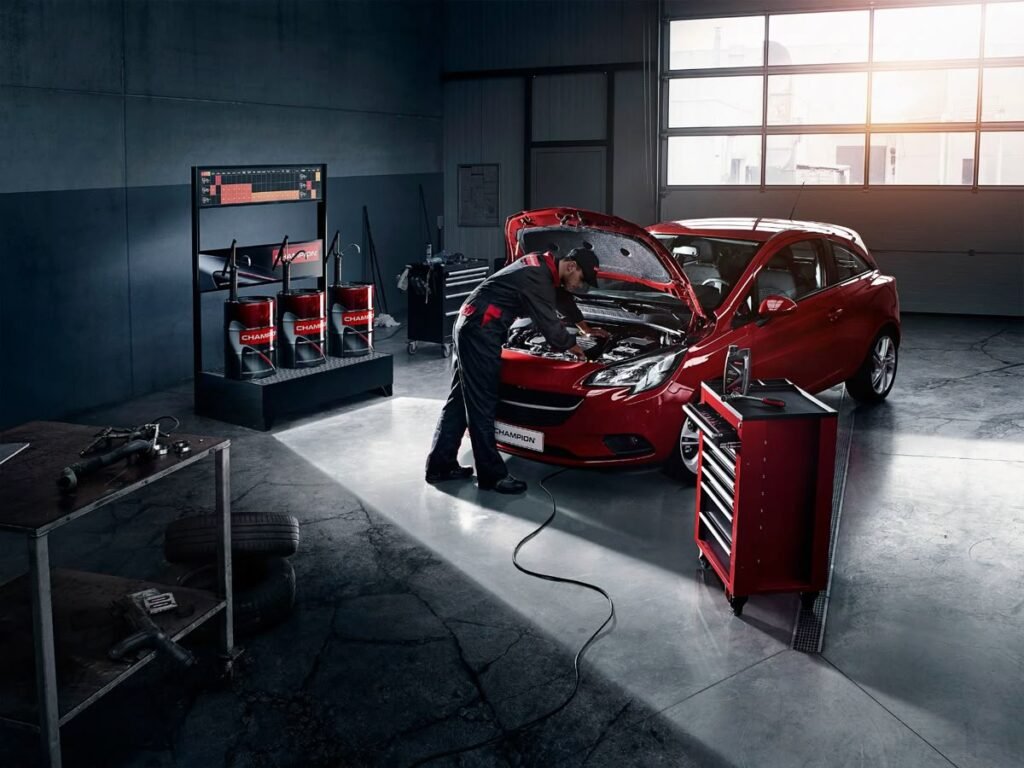Blog
Key Features to Look for in a High-Quality DPF Cleaning Machine

Diesel Particulate Filters (DPFs) play an essential role in reducing diesel engine emissions.
Over time these filters collect soot and residues, which lowers engine efficiency and increases pollution.
DPF cleaning machines help restore filter performance and extend engine life — but not all machines are equal.
Choosing a high-quality machine ensures efficiency, reliability, and long-term savings.
Main features to look for
- Advanced cleaning technology
Superior DPF cleaners use cutting-edge techniques such as:
- Reverse airflow cleaning — forces air in the opposite direction to dislodge soot.
- Hot-air / thermal cleaning — removes carbon buildup without damaging the filter.
- Ultrasonic cleaning — sound waves remove fine impurities for a thorough clean.
Machines with multiple cleaning modes can handle various filter types and clogging levels.
- High cleaning efficiency
Look for machines that can:
- Restore filters to up to 95% of their initial capacity.
- Handle different sizes and types of filters — from small commercial vehicles to heavy-duty trucks.
Fast, high-quality cleaning reduces time and labor costs.
- User-friendly operation
A high-quality machine should be easy to use with features such as:
- Digital displays and touch controls for precise settings.
- Preset cleaning programs for different filter types.
- Minimal manual intervention to reduce operator error.
Ease of use is especially important in busy workshops.
- Safety features
Because DPF cleaning can involve chemicals, high temperatures, or pressure, check for:
- Overheat protection.
- Automatic shutdown in case of malfunction.
- Leak-resistant designs for safe chemical cleaning.
Proper safety features protect both the equipment and the operator.
- Durable build quality
For long-term reliability, prefer machines with:
- Stainless steel cleaning chambers to resist corrosion.
- Robust pumps and motors built for continuous use.
- A compact, sturdy design for safe storage and operation.
Durable construction reduces downtime and maintenance costs.
- Eco-friendly operation
Modern machines should minimize environmental impact by:
- Reducing water usage in wet-cleaning systems.
- Using energy-efficient motors.
- Ensuring safe residue and soot disposal.
Eco-friendly features are increasingly important for regulatory compliance and workshop reputation.
- After-sales support and warranty
A quality purchase includes a solid warranty and dependable support to ensure:
- Easy access to spare parts.
- Technical assistance for operational issues.
- Confidence that your investment is protected.
Conclusion
Selecting a high-quality DPF cleaning machine is an investment in the safety, efficiency, and sustainability of your
workshop or fleet maintenance operation. Prioritize advanced cleaning technology, cleaning efficiency, usability,
durability, safety, environmental responsibility, and strong after-sales support to choose a machine that delivers
reliable performance and lowers long-term maintenance costs while supporting cleaner diesel emissions.
